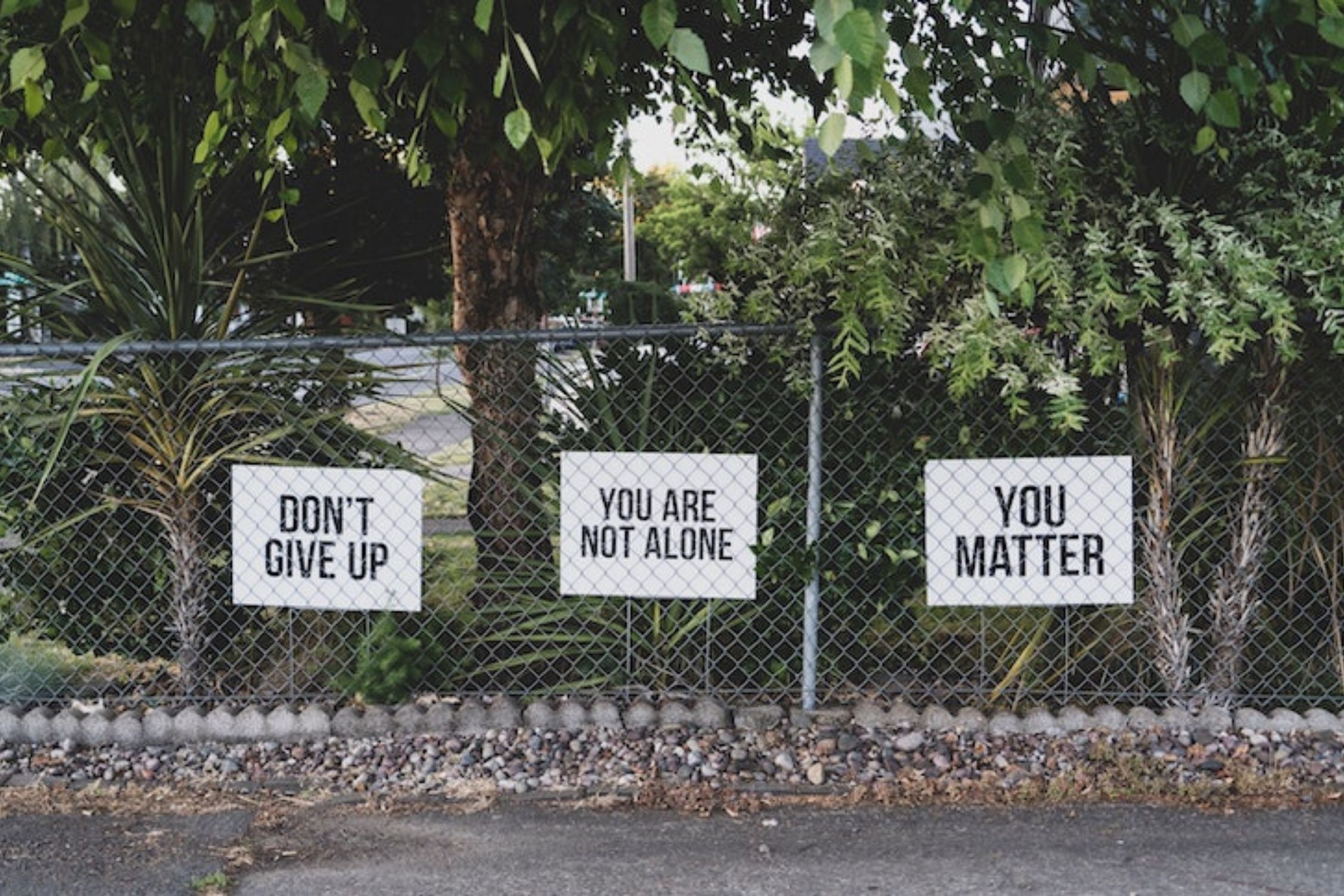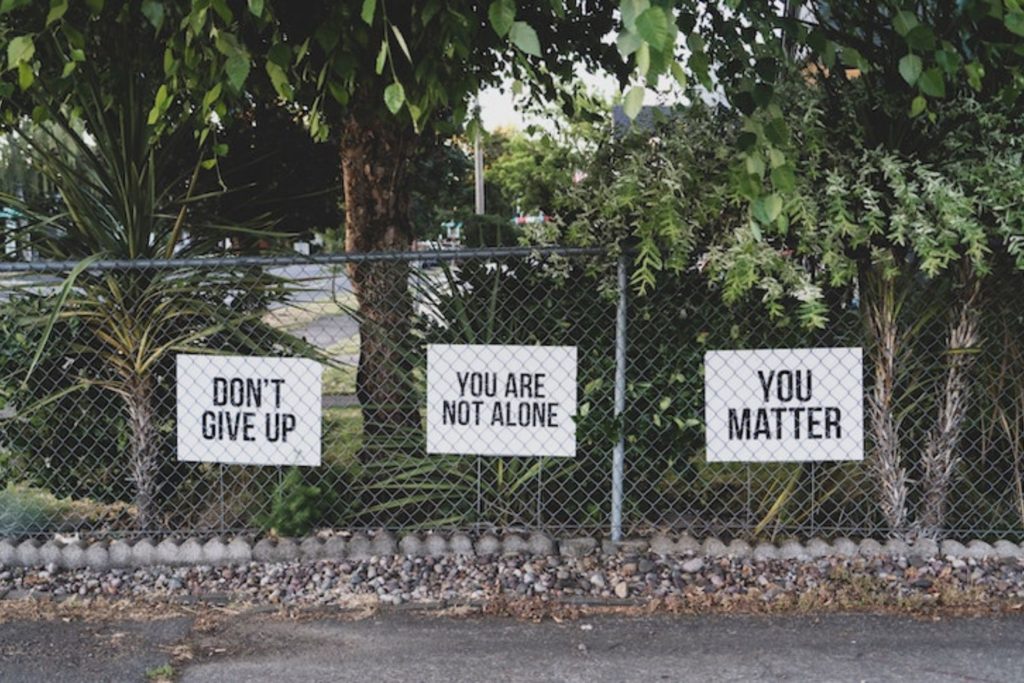The Mental Health Curve

MontMedia
The Mental Health Curve

written by Christina Dayal
As all our eyes have been fixated on the COVID curve and it’s ever changing face. Globally, it’s important that we as a society and as individuals help to ensure the mental health of our loved ones and oneself is cared for.
Society’s lack of mental health awareness is highlighted with the fact that even in today’s world there are still a significant number of people who have no clue how to detect signs and symptoms of depression, anxiety, Bipolar disorder, PTSD( post-traumatic stress disorder) or any similar mental illness.
Any one of your close friends or family members could be suffering from these mental illnesses, and it may be going undetected. Along with the lack of awareness, there is another section of people who use negative adjectives to describe someone trying to cope and deal with their mental illness.
If you or a loved one shows any or all of the below signs, it’s time you/other person must seek medical help just the way you would if you showed signs of COVID-19.
Signs and symptoms
- Loss of interest in life and daily activities
- Lack of sleep or an increased need to sleep during the day
- Difficulty concentrating
- Thoughts of suicide
- Loss of appetite or an insatiable appetite
- Suicidal thoughts
- Significant physical reactions to reminders of trauma such as nausea, sweating or a high heart rate
- Sweating or trembling for no reason
- Feelings of guilt, helplessness or loneliness
- Irritability and mood swings
We urge you to contact a mental health professional if you relate with any of, or a combination of, these symptoms.
Remember – Seeking help is a sign of courage and strength. Let’s flatten this curve together!
“What mental health needs is more sunlight, more candor, more unashamed conversation.”
Glenn Close


